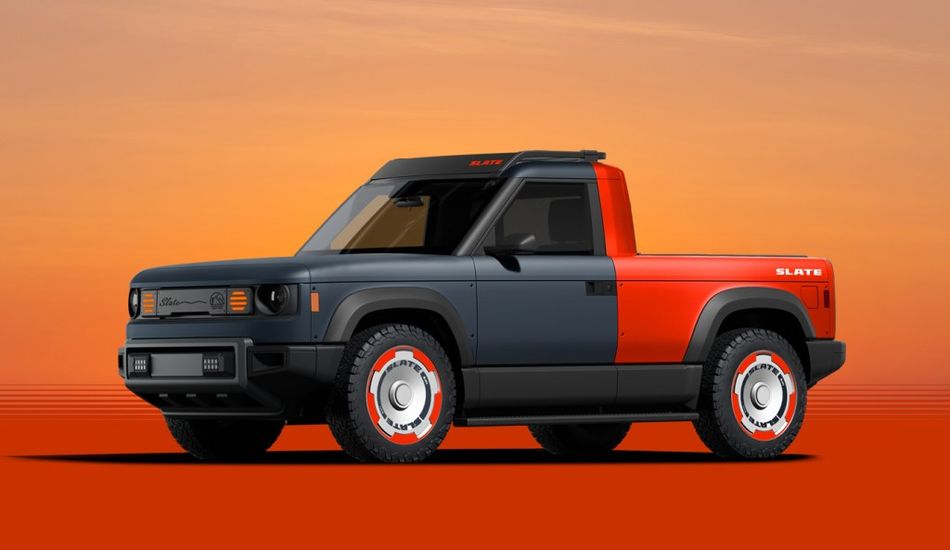
Transportation Tech: Regulations, EVs, AI, and Market Dynamics
The transportation sector is undergoing a period of rapid transformation, driven by advancements in automation, electrification, and artificial intelligence. Recent developments highlight the complex interplay between regulatory frameworks, technological innovation, and market dynamics.
Federal Regulations and Automated Vehicles
The U.S. Department of Transportation (DOT) has introduced a new Automated Vehicle Framework, which includes a standing general order (SGO) on crash reporting for vehicles equipped with certain advanced driver-assistance systems (ADAS) and automated driving systems (ADS). The SGO revises the reporting requirements, extending the reporting deadline to five days for Level 2 system-involved crashes under specific conditions. Previously, a 24-hour reporting requirement was in place.
The change primarily affects vehicles with Level 2 ADAS. If a vehicle with Level 2 ADAS, such as Tesla's Autopilot, GM's Super Cruise, or Ford's BlueCruise, is involved in a crash and requires towing, it doesn't need to be reported to federal authorities, unless the incident involves a fatality, hospital transport, a pedestrian being hit, or airbag deployment. Reporting remains mandatory for any vehicle with Level 2 ADAS or ADS involved in a crash where there is a fatality, airbag deployment, injury requiring hospitalization, or a vulnerable road user is hit.
The DOT's perspective is that this revision streamlines the reporting process, reducing the burden associated with minor incidents. However, critics argue that it may lead to a reduction in valuable data collection, potentially hindering safety analysis and improvement efforts.
Electric Vehicles and Innovative Designs
Slate, an EV startup backed by Bezos, has revealed its vehicle concept, internally described as a "transformer." The company is pitching this design to customers, hinting at a versatile vehicle that adapts to different needs.
Ather Energy, an Indian manufacturer of electric two-wheelers, has reduced the size of its initial public offering (IPO) by 18% to 26.26 billion Indian rupees ($308.3 million). Electra, a hybrid electric aircraft startup, has secured $115 million in a Series B round, indicating continued investment in sustainable aviation technology.
Strategic Partnerships and Market Expansion
DoorDash is reportedly considering acquiring Deliveroo for $3.6 billion, signaling a potential consolidation in the food delivery market. United Airlines' venture arm has invested in JetZero, a startup developing a blended wing body design, showcasing the airline's interest in next-generation aircraft technology.
Volkswagen of America and Uber are planning to launch a commercial robotaxi service using autonomous electric VW ID. BUZZ vehicles in multiple U.S. cities over the next decade, with initial launches in Los Angeles expected by late 2026. This initiative, while promising, faces considerable regulatory and technological hurdles.
AI Integration and Board Appointments
Alphabet CEO Sundar Pichai has suggested "future optionality around personal ownership" regarding Waymo, the company's self-driving vehicle unit, indicating a possible shift in strategy beyond ride-hailing services. Aidan Gomez, co-founder and CEO of generative AI startup Cohere, has joined Rivian's board, suggesting Rivian’s interest in applying AI to its own venture.
Tesla's Contradictory Realities
Tesla is currently navigating conflicting market perceptions. While the company's profits have declined significantly, and its energy business faces challenges, it is also perceived as a leading innovator in AI and autonomous driving. Investors appear to be focusing on Tesla's potential in these areas, even as the company faces challenges related to brand perception and leadership.
Legal Challenges and New Collaborations
The Federal Trade Commission (FTC) has filed a lawsuit against Uber, alleging unauthorized charges for its Uber One subscription service. Conversely, Uber has formed an exclusive partnership with Delta SkyMiles, allowing members to earn points on rides and Uber Eats orders, filling the void left by Lyft's previous partnership with Delta.
These developments underscore the dynamic nature of the transportation technology sector, where innovation, regulation, and market forces constantly interact to shape the future of mobility.
Source: TechCrunch


